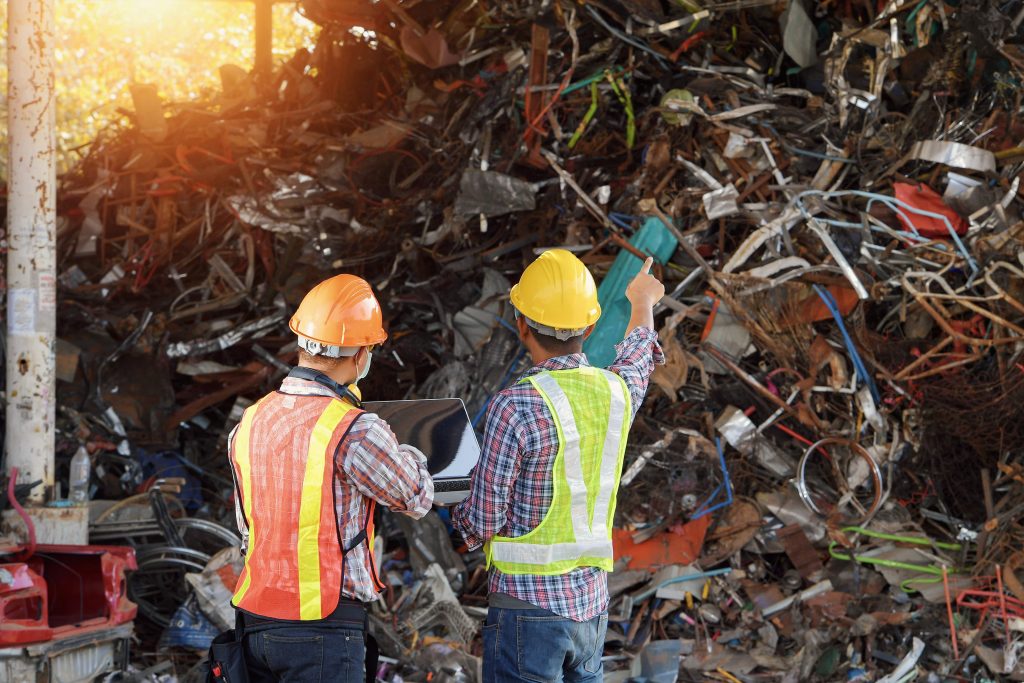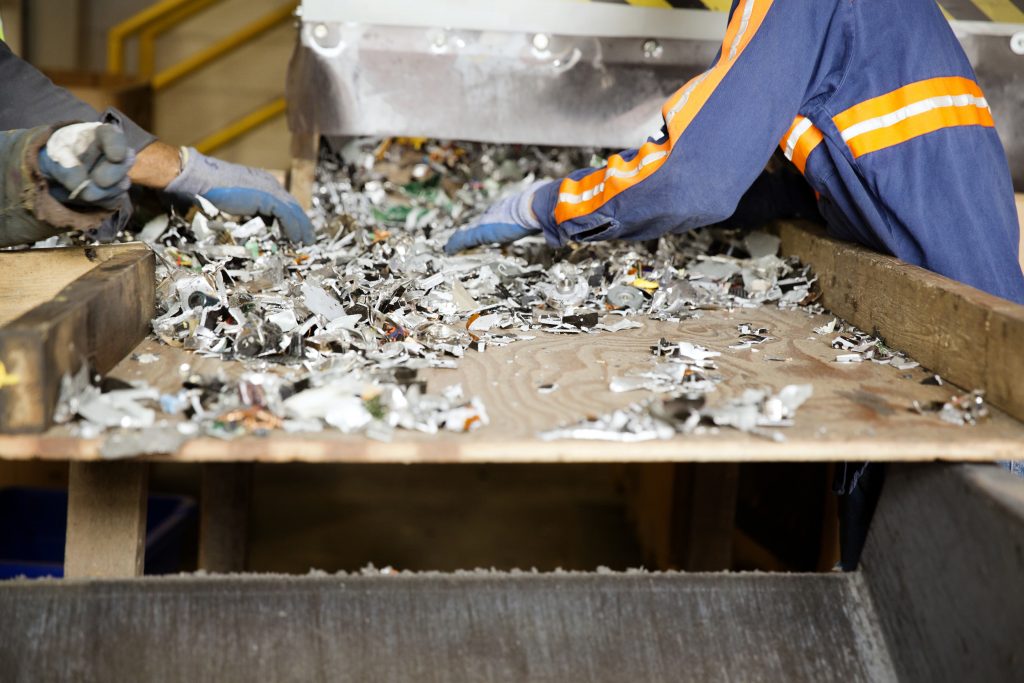Waste & material traceability solution for sustainable facilities

Traceability is crucial to the development of companies that provide waste collection services, manage their own waste, or are responsible for the final destination of their waste. This blog will discuss why capturing waste data about your company is critical to circularity and sustainability.
Traceability in waste management allows for the tracking and documentation of the movement and disposal of waste materials. This information can be used to ensure compliance with regulations, and identify potential problems or inefficiencies in the waste management process. Additionally, traceability can be used to improve recycling and resource recovery efforts, reducing the overall environmental impact of waste disposal.

Traceability in waste management is important for the manufacturing industry because it enables companies to track and document waste movement and disposal. Waste management analytics can help identify potential problems or inefficiencies in waste management processes, and ensure compliance with regulations.
Having traceability facilitates better waste management and sustainable choices for companies. It ensures that companies follow relevant regulations and laws concerning the handling, storage, and disposal of waste. This helps to reduce the risk of fines and penalties for non-compliance.
The manufacturing industry also has complex supply chains, and traceability is a useful tool for tracking the origins of waste materials and ensuring that they are properly handled and disposed of. The use of traceability can also improve recycling and resource recovery efforts. Companies can identify materials suitable for recycling by tracking waste types and quantities and then develop strategies to increase recycling.

Companies benefit from traceability by better managing their materials and making more informed decisions. Material traceability in manufacturing enables companies to manage inventory, plan production, and optimize supply chains. It can reduce inventory carrying costs, prevent stockouts, and improve supply chain efficiency.
Using traceability can also help companies and customers monitor the quality of materials. This can help to reduce the risk of product defects and improve customer satisfaction. Having traceable materials can also help companies make more sustainable choices because they can track the origin of materials, their environmental impact, and the possibility of recycling or recovering them. It can help companies reduce costs, minimize their environmental footprint, and improve their reputation.

Material, product, and waste traceability are critical in the circular economy because it ensures accountability and compliance in the management of resources. The use of traceability can be incorporated into the design of closed-loop systems that minimize waste and optimize the use of resources in a sustainable manner.
By tracking materials and their properties, products can be designed to be more easily recyclable or repurposed. The use of traceability can also optimize supply chains by identifying the most efficient and sustainable ways to source materials.
Product traceability can be used throughout the product’s life cycle, from production to disposal. By analyzing this information, manufacturers can identify opportunities for redesigning, repairing, refurbishing, or recycling their products. Traceability can also be used to track and manage the end-of-life of products, including collection, sorting, recycling, and repurposing.

Companies in the manufacturing industry can gain significant benefits from a digitized traceability solution by automating and streamlining the tracking and documentation of materials and products, improving efficiency, accuracy, and scalability, and enabling more data-driven decisions.
An intelligent traceability software can automate the tracking and documentation of materials and products, reducing the need for manual data entry and minimizing the risk of errors. Digitized solutions also enable real-time tracking of materials and products, providing visibility into the entire supply chain and enabling rapid response to any issues.
A digitized waste and raw material traceability solution allows for the collection, storage, and analysis of large amounts of data on materials, products, and waste. These data can be used to make decisions and optimize closed-loop systems. It is also easier to provide the necessary documentation and reports through a digital solution. This helps companies comply with regulations and laws regarding handling, storing, and disposing of materials and products.

Evreka WasteDashboard is a software solution that provides companies with a platform to track and manage their waste and material traceability. It provides advanced waste data flow and reporting capabilities for identifying inefficiencies in waste and material management processes as well as opportunities for improvement.
Evreka WasteDashboard can track waste and materials in near real-time, allowing companies to respond quickly to any issues that arise. It helps improve recycling and resource recovery. Furthermore, WasteDashboard can assist companies in complying with relevant regulations and laws governing the handling, storing, and disposing of wastes and materials.
Request DemoUnlock the full potential of your waste and material management with Evreka WasteDashboard. Take the first step towards greater efficiency, cost savings, and sustainability. Contact us today.